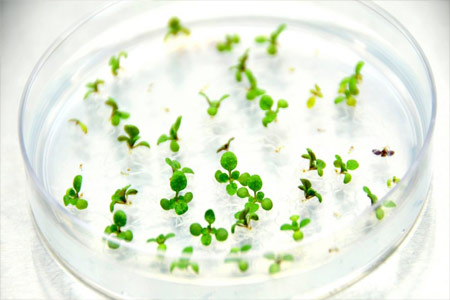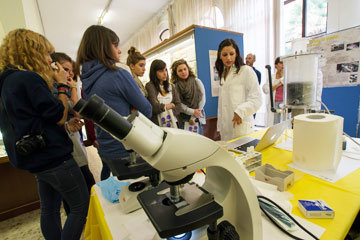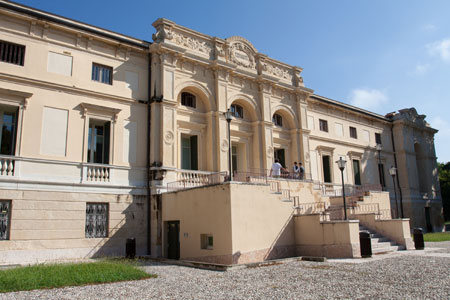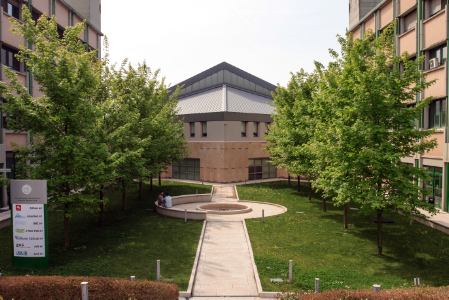Course partially running
- Course code
- 4S00702
-
Name of lecturer
-
Giovanni Vallini
- Coordinator
-
Giovanni Vallini
- Number of ECTS credits allocated
-
4
- Academic sector
-
AGR/16 - AGRICULTURAL MICROBIOLOGY
- Language of instruction
- Italian
- Location
- VERONA
- Period
-
1st Semester dal Oct 1, 2009 al Jan 31, 2010.
Lesson timetable
Learning outcomes
The Course of Industrial Microbiology is addressed to the students of the 2° year of the Specialistic Degree in Molecular and Industrial Biotechnology, having an adequate background of general microbiology and that like to acquire further information on possible exploitation of microorganisms for obtaining products or carrying out biotransformations of economic relevance. In particular, the Course focuses on the criteria for the management of reactors and industrial processes other than those for food production.
Syllabus
PART I - 1. Recalls of the management strategies for the use of microorganisms in bioprocess technology - 1.1) Microorganisms as catalysts in chemical syntheses: a) whole cell processes; b) enzyme catalyzed processes. - 1.2) Scale of production in microbially-driven biotechnological processes. - 1.3) Modes of operation of industrial bioprocesses: a) batch mode (discontinuous); b) continuous mode. - 1.4) Biotechnological processes versus chemical synthetic processes: advantages and disadvantages of biocatalysts. - 1.5) Bioprocess development: a) choice of process microorganisms; b) strategies for the improvement of biosynthetic capabilities of microorganisms. - 1.6) Extimation of growth efficiency and product formation: a) microbial growth stoichiometry; b) relationships between product formation and microbial growth; c) determination of maintenance energy requirement and maximum biomass yield; d) determination of P/O quotients; e) metabolite overproduction and growth efficiency.
PART II - 2. Biotechnological processes finalized to product formation - 2.1) Single cell protein (SCP) production: a) SCP characteristics; b) substrates for SCP production (SCP from carbon dioxide, carbohydrates, hydrocarbons); c) microorganisms suitable for SCP production; d) analysis of specific industrial processes for SCP production (the Pruteen case). 2.2) Large scale production of organic acids: a) citric acid production; b) production of fumaric and malic acids; c) industrial production of itaconic acid; d) industrial production of gluconolactone and gluconic acid. - 2.3) Production of enzymes of microbial origin: a) amylases, lipases and proteases; b) large scale applications of microbially-derived enzymes (textile industry and production of detergents). - 2.4 Production and uses of exopolysaccharides and polyesters of microbial origin. - 2.5) Industrial production of aminoacids: a) fermentations with wild microbial strains; b) fermentations with mutant strains; c) recovery and purification of aminoacids from fermentation broths; d) chemo-enzymatic processes.
Part III - 3. Biotechnological processes finalized to exploitation of process potentials. - 3.1) Microbila transformation of steroids to sterols. - 3.2) Bioleaching and biomining. - 3.3) Biological desulphurization of fossil fuels. - 3.4) Heavy metal abatement from process wastewaters by means of microorganisms.
Assessment methods and criteria
Checking of the knowledge acquired during the Course will be carried out through a final written exam, structured in multichoice-answer questions, in both design and solution of exercises dealing with the management of bioreactors, as well as in the synthetic description and explanation of specific theoretical topics or technological applications.







